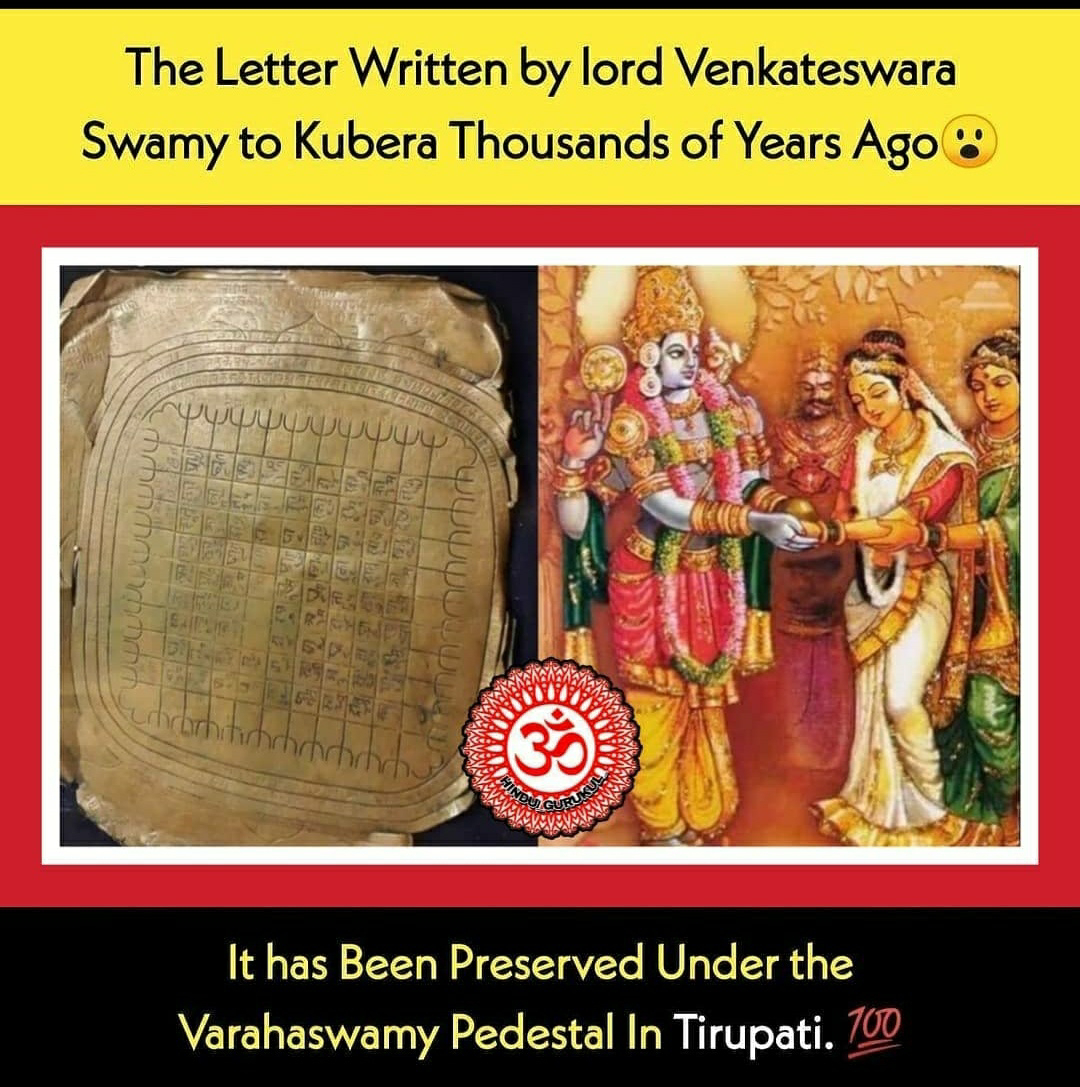5 Ancient Mantras That Will Transform Your Life
5 Ancient Mantras That Will Transform Your Life
Mantras are like medicine for the soul.
When we select a word or series of words to repeat in the form of a mantra, we are affirming it to ourselves and allowing its meaning to seep below the surface, into our subconscious, helping to shift our negative habits and patterns into positive ones.
In my own practice, I have often benefited from the power of mantra. By far, my favorite mantra memory is a powerful transcendence that happened during a workshop with Nicholas Giacomini (aka: MC Yogi) and his wife, Amanda.
They had us think of a challenge we were currently facing and hold it steady in our minds. Over the next hour, they led us through 108 rounds of chanting Om Gum Ganapatayei Namah, a prayer to Ganesh, the remover of obstacles. By the end, the entire room was fired up. A renewed sense of purpose and resolve was sparked in us that day, which comes alive in me again every time I hear this mantra.
As yogis, we have access to Sanskrit, an ancient, highly mathematical, and sacred language….so why not use it?!
Sanskrit is considered by some linguists to be the “perfect language,” as its correct pronunciation evokes a unique vibration in the Universe, placing into motion whatever you are trying to manifest through your mantra.
Here are my 5 favorite Sanskrit mantras, with their ancient meanings and how we can adopt them into our modern lives:
1) Mantra: OM
Translation: The sound of the universe. It's the first, original vibration, representing the birth, death and re-birth process.
Modern adaptation: Chanting the sound OM brings us into harmonic resonance with the universe – this is a scientific fact! OM is said to vibrate at 432 Hertz, which is the natural musical pitch of the Universe, as opposed to 440 Hertz, which is the frequency of most modern music.
Decreasing your frequency to coincide with that of the Universe stills the fluctuations of the mind, allowing you to practice yoga through sound. OM is an idyllic way to begin and end a yoga or mediation practice, and also comes in handy when you just need to chill out.
2) Mantra: Om Namah Shivaya
Translation: I bow to Shiva, the supreme deity of transformation who represents the truest, highest self.
Modern adaptation: In the book Eat Pray Love, Elizabeth Gilbert is given this mantra by her Guru, which she lovingly refers to as the “Amazing Grace of Sanskrit.” Her interpretation is, “I honor the divinity within myself.” This is a great mantra to help build self-confidence, reminding us that we are all made up of divine energy and should treat ourselves accordingly.
3) Mantra: Lokah Samastah Sukhino Bhavantu
Translation: May all beings everywhere be happy and free, and may the thoughts, words, and actions of my own life contribute in some way to that happiness and to that freedom for all
Modern adaptation: Most commonly associated with the Jivamukti Yoga School, this mantra is a powerful way to dedicate yourself to living a life of non-harming and being of service to the greater good. This mantra encourages cooperation, compassion and living in harmony with the environment, animals and our fellow human beings.
4) Mantra: Shanti Mantra
Om Saha Naavavatu
Saha Nau Bhunaktu
Saha Veeryam Karavaavahai
Tejasvi Aavadheetamastu Maa Vidvishaavahai Om
Translation: May the Lord protect and bless us. May he nourish us, giving us strength to work together for the good of humanity. May our learning be brilliant and purposeful. May we never turn against one another.
Om Saha Naavavatu
Saha Nau Bhunaktu
Saha Veeryam Karavaavahai
Tejasvi Aavadheetamastu Maa Vidvishaavahai Om
Translation: May the Lord protect and bless us. May he nourish us, giving us strength to work together for the good of humanity. May our learning be brilliant and purposeful. May we never turn against one another.
Modern adaptation: A perfect mantra to start a yoga class, a new day, or even a new business with. It unites the participants and sets a tone of non-competitiveness, unity, and working together towards a common goal.
5) Mantra: Om Gum Ganapatayei Namah
Translation: I bow to the elephant-faced deity [Ganesh] who is capable of removing all obstacles. I pray for blessings and protection.”
Modern adaptation: In Hindu teachings, Ganesh is known as the god of wisdom and success and the destroyer of obstacles. This is my favorite mantra, which I always draw on when I’m facing a big challenge in life and especially when I’m traveling.



Comments
Post a Comment